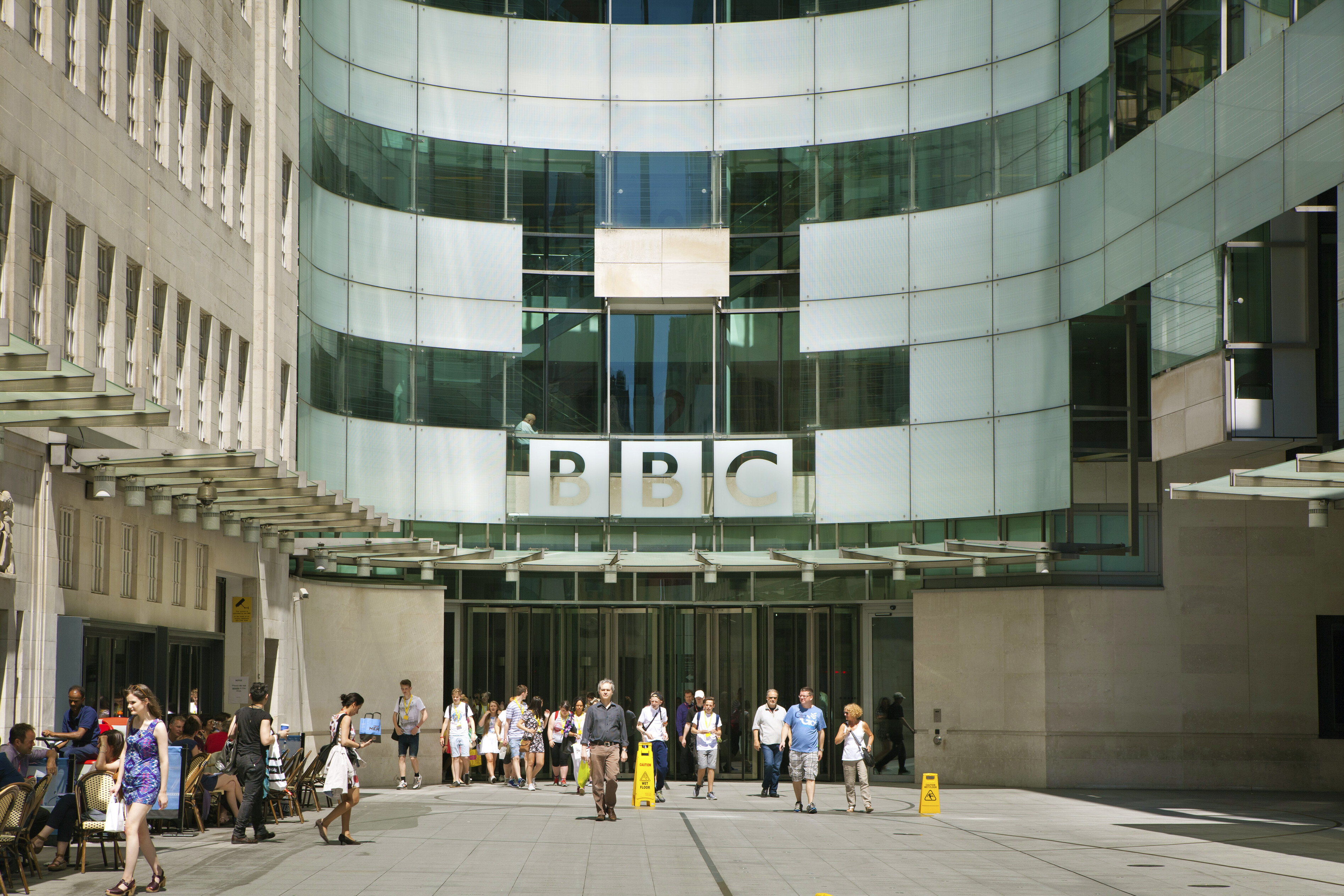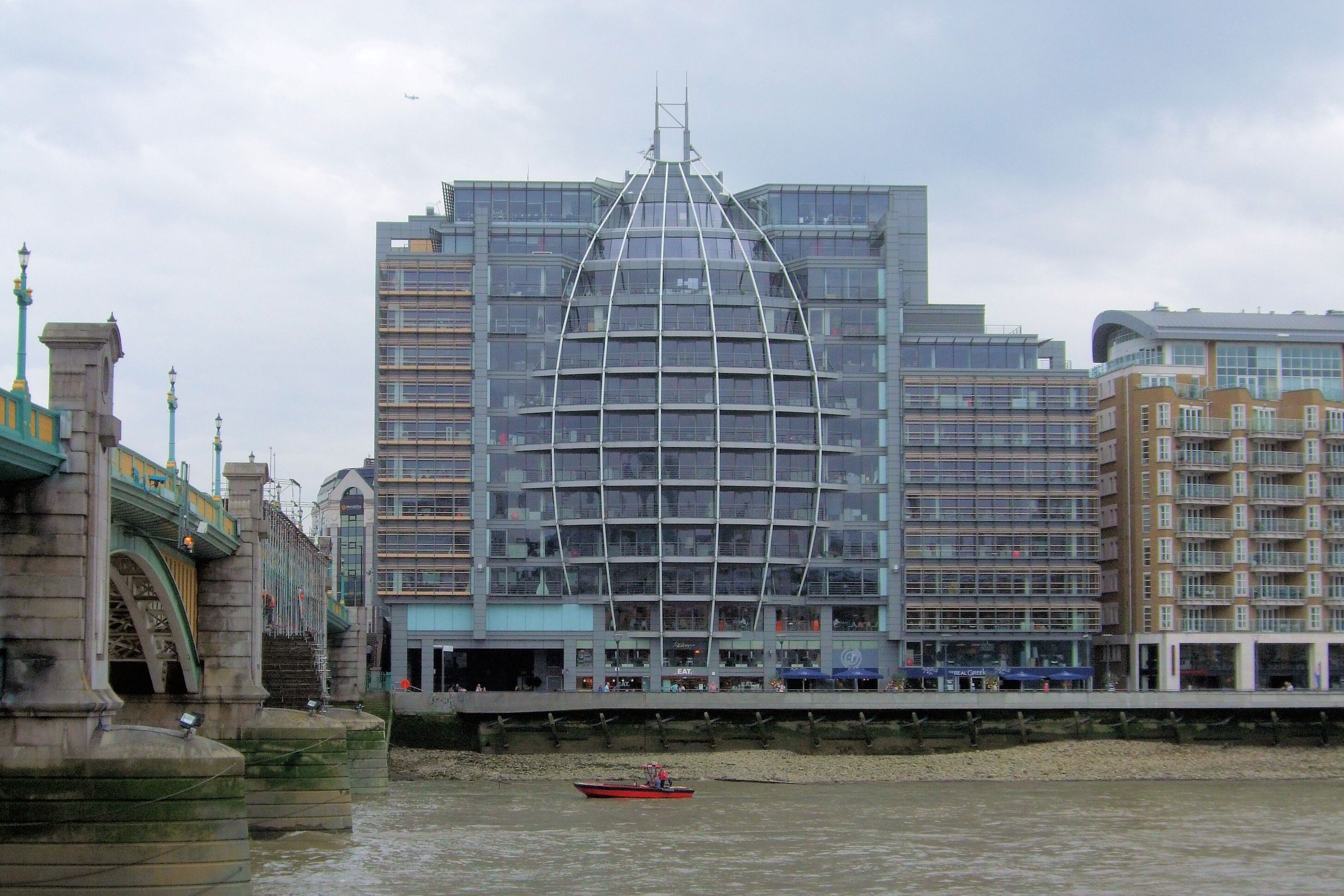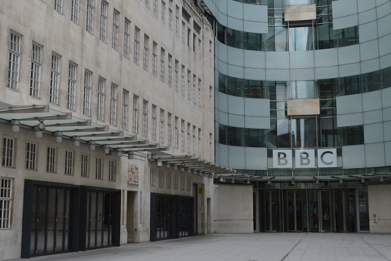Concerns over transparency, relevance, governance and its funding model are just some of the issues that the public broadcaster has been grappling with.
Transparency criticisms
Since the Director-General, Tony Hall, reversed his decision to partially uphold a complaint made about BBC Breakfast presenter Naga Munchetty, following an outcry from both the public and staff, UK broadcasting regulator, Ofcom, also published their findings based on their own inquiry into the complaint.
What happened? BBC Director General reverses decision on complaint against presenter
Ofcom’s assessment concluded that an investigation did not need to be pursued because:
“overall, the programme was duly impartial. After carefully considering all the contextual factors, such as the format of the programme, the nature of the exchange and the specific remarks, we did not consider that Naga Munchetty and Dan Walker’s discussion would have breached the due impartiality rules in the Broadcasting Code. Therefore, we do not consider that the programme raised issues warranting investigation by Ofcom.”
Group Director for Content and Media Policy for Ofcom, Kevin Bakhurst, stated that the watchdog has “serious concerns around the transparency of the BBC’s complaints process, which must command the confidence of the public.”
We have published our assessment of BBC Breakfast on 17 July 2019: https://t.co/gL8s9KFkB3 pic.twitter.com/mQknSaoqfl
— Ofcom (@Ofcom) October 7, 2019
A BBC spokesperson responded by saying that “We note Ofcom’s finding and the fact they agree with the director-general’s decision.”
Watch: Newswatch (27 September 2019)
Unequal pay
Pay inequality has been an ongoing controversy at the BBC, particularly since the corporation was pressured into publishing the salaries of its highest paid employees, with female employees increasingly highlighting their underpayment in comparison to male counterparts.
Unequal pay was the reason why former China expert, Carrie Grace, resigned from her role at the start of last year and now, as announced at the start of this week, news presenter, Samira Ahmed, has decided to take the public broadcaster to court due to claims that she has been paid less than her male counterparts. A trial for Ahmed’s case is due to begin on Monday.
Sustainability
Audiences
Ofcom also published its second Annual Report on the BBC this week for the period April 2018 to March 2019, which highlights the challenges faced by the BBC in keeping their content relevant for audiences. It revealed that younger audiences in particular are increasingly becoming less engaged with the public broadcaster’s content, given that “less than half (49%) of young people aged 16-24 tuned into BBC TV channels in an average week.” Ofcom warned that if they did not appeal to younger audiences, the corporation “could lose a generation of potential licence-fee payers.”
Moreover, a lack of diversity was also addressed in the report. It stated that the:
“BBC is also struggling to reach other groups within the UK…Some groups are unhappy with how they are portrayed on the BBC, while some feel BBC news programmes represents a white, middle class and London-centric point of view that is not relevant to their lives.”
BAME workers at the corporation also demanded an inquiry into the corporation’s handling of the Naga Munchetty case, in light of growing claims that racism is widespread within the corporation.
A BBC spokesperson responded to the findings by emphasising, “Ofcom’s recognition that audience satisfaction remains high and that the BBC continues to deliver for British audiences”.
As part of attempts to improve diversity behind and infront of the camera, new members of staff have been appointed as part of the Workforce Diversity & Inclusion Advisory group. This includes Anne Foster who is the new Head of the Advisory group and broadcaster, June Sarpong MBE, as new Director of Creative Diversity.
Nevertheless, the regulator has set several challenges for the BBC to produce a plan in order to improve its content. Ofcom Chief Executive, Sharon White, stated what the regulator expects the BBC to do: “The BBC is still a vital, valued part of British culture. But we’re concerned that a new generation is tuning out of its services. So the BBC must set out bolder plans to connect with younger viewers and listeners.
White also addressed other expectations of the public broadcaster: “We also want the BBC to broaden the appeal of its news, which some viewers and listeners feel isn’t relevant to their lives. And the BBC must find ways to be more distinctive online, where our research shows younger people are passing it by.”
The BBC may not be sustainable in its current form as it struggles to keep younger audiences hooked.
Several groups also remain dissatisfied with how they’re portrayed on the BBC.
So today we’ve set out what we expect the broadcaster to improve on. Thread:
— Ofcom (@Ofcom) October 24, 2019
Funding and TV licenses for the over-75s
Questions about the sustainability of the BBC’s funding have re-ignited since the Department of Digital, Culture, Media and Sport (DCMS) Select Committee issued a report declaring that the current license fee model may be ‘unsustainable’, particularly given the change in youth viewing habits and competition from SVOD services, which a committee of MPs have expressed concern over.
The report also referred to recent changes made to the provision of free TV licences for those aged over 75. In June, the BBC announced that the government would no longer fund free licences following a Conservative government decision in 2015, which asked the BBC to shoulder the costs. However, due to significant funding and sustainability concerns, the BBC announced that it would only be able to cover individuals who receive Pension Credit – a third of those in the age bracket.
Full story: BBC announces change to free licences for over-75s
In October, the UK parliament’s Digital, Culture, Media and Sport (DCMS) Committee acknowledged that it was “wrong of the 2015 government to seek to bounce the BBC into accepting the measures”. However, the committee chair, Damian Collins MP, added that the Government and the BBC must “reach an agreement to allow the funding of free licence fees for the over 75s to continue after 2020”, suggesting that the BBC had agreed to fund the benefit.
On behalf of the BBC, Sir David Clementi, Chairman of the BBC, issued the following statement in response to the DCMS report:
“We are pleased that the committee recognise that there was no automatic assumption that the BBC would continue to bear the cost of these free TV licences. There is also clear recognition from the committee that it would be unsustainable for the BBC to take on the full cost of all these free licences alone…We will continue to implement the decision we have taken – after extensive consultation – on over 75s licence fees with great care and responsibility.”
Elsewhere, Culture Secretary Nicky Morgan announced last week that she is “open-minded” to hearing evidence for a Netflix-style subscription fee as an alternative funding model to the license fee, further fuelling the funding debate.
In response, the Public Media Alliance said: “public media brings far more value to society than great TV shows. It’s unlikely that Netflix will ever update the public about extreme weather conditions facing a locality or bring a nation together during times of triumph or terror”, emphasising the representative and universal value that a licence fee imparts on public media.
Discussions over scrapping the license fee have occurred in the past due to evasion and how much income the TV license brings in, but moves to scrap it had been ruled out. The license fee model will be maintained until 2027, which is when the 11 year charter period comes to an end.
Public and political awareness
The challenges facing the BBC are not insignificant, with many posing an existential threat to its role as a public media organisation. The issues listed here highlight the need for greater political and public awareness – and knowledge – as to the fundamental value of well-funded and independent public media to democracy.
However, if public media are to play this role, they must also be transparent and accountable to the public who pay for it to build and maintain trust. In Ofcom’s latest report on the challenges facing the BBC, the regulator concluded: “If we do not see transparent signs of progress, we will step in and place additional conditions on the BBC.”
The Public Media Alliance will continue to report on developments at the BBC.
Header Image: London, UK: BBC Broadcasting House in central London. Credit: oversnap/iStock
Related Posts
1st October 2019
BBC Director General reverses decision on complaint against presenter
The BBC’s Editorial Complaints Unit…
12th August 2019
Ofcom report and public service broadcasting
Last week the UK regulator released its…
22nd June 2019
BBC announces change to free licences for over-75s
The BBC announced that it will fund…


